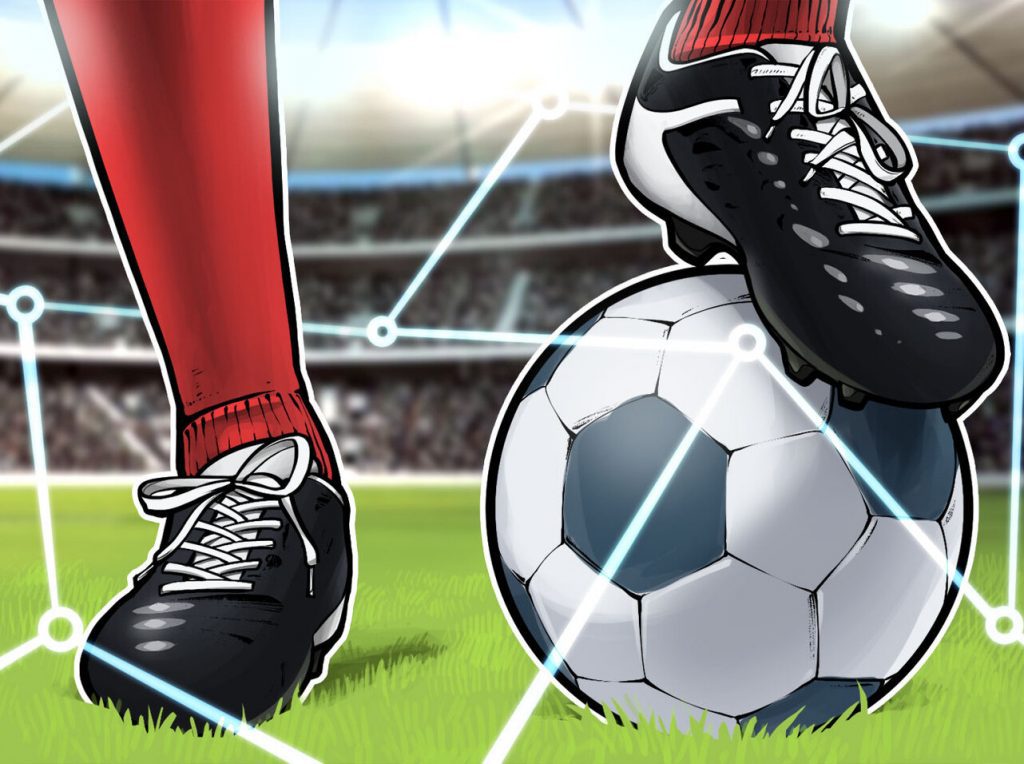
The gaming and sports industry is a multi-billion dollar industry that sees astronomical viewership and supports globally. An increasing population and factors such as the pandemic have led to an increase in the viewership of sporting and gaming events in the last year. With modern technology, there are breakthroughs and innovations in the sporting and gaming industry as well. These technologies are usually protected by patents, trademarks, copyrights, and other licenses which help companies developing them retain exclusivity and encourage innovation.
The gaming and sports industry (eSports) in particular is particularly dependent on patents, trademarks, and copyrights to ensure that their technology is safe and not used without their permission, encouraging them to innovate and improve on their technology and drive the eSports industry forward. The growing popularity of sports and eSports sees millions of dollars invested by major brands be it through team ownership, player deals, and or other merchandising. Under existing IP laws, the reselling or rebranding of branded merchandise, the recording of gameplay/sport and its subsequent broadcast for commercial purposes, or any other such action which violates the rights of or infringes on the license of a sporting partner or commercial broadcaster is illegal and will attract punishments.
What is Intellectual Property Law?
IP laws or Intellectual Property laws are those laws that protect and encourage innovation and development through the issue of patents, copyrights, trademarks, and exclusivity contracts. They make sure that the creators or owners of a certain brand, logo, or any musical/artistic work are compensated for their work through royalties (in case of patents) or have their work authenticated and protected from copying for commercial purposes. This law is essential to the safety of certain brands and the perception of these brands. Without IP law, there would be no exclusive broadcasts, no protection of music or other works of art, no protection of branding and there would be the open imitation and modification of various important patents.
In various countries, there are authorities that inspect, scrutinize, and authenticate all such technologies, works of art, images, or anything else that can be qualified as unique under the IP laws of the country. There are various subsections under the umbrella term is Intellectual Property and these subsections are too relevant as they hold significant influence in the sphere of sports and eSports. Sports and eSports are gigantic events where there are millions of viewers and fans all collected in the same location or viewing the game from a distance, all viewers and fans are subject to the same laws in terms of IP law where the commercialization of the sport/eSport without express permission from the authorities is not allowed.
How does IP Law work for Sports Industry?

Sports and eSports are both competitive scenarios where the technology used is a factor in deciding who the winner of a matchup will be. In scenarios where the two or more competitors are evenly matched, prior training and technology are the only differentiating factors. Consider, for example, the Formula 1 championship. The cars allowed to enter an F1 championship must meet an extensive list of technical specifications listed in their regulations rulebook. A closer inspection of these technical regulations will reveal that all competitors are required to implement and design their cars subject to the technical specifications per the rulebook. While not enforceable, this is a good example of IP protection laws where no 2 cars can have an identical design. IP laws in the sports industry operate on the same principle where they are often written and made public to all teams playing the sport. eSports, however, have a different set of rules and regulations which govern IP law.
As a videogame is primarily a consumer product, there is the additional requirement for the developer to introduce in the end-user license agreement certain terms and conditions which allow for the commercialization, modification, and use of the game in a tournament scenario. Since all games are based on a code that is proprietary to the developer or owner of the franchise, it is covered under the various protections offered under IP law and their commercial use of them without prior consent from the developers will be considered a violation of the rights of the developer. In addition to this, the organizers of these eSporting events have to keep in mind the various terms and conditions under the EULA (End User License Agreement) forwarded by the developer for almost all online games.
In some games, there is a blanket ban on speedrunning (a type of play that makes use of shortcuts and glitches in the game code to finish the game is incredibly short times). The developer has all the control of a videogame that they have developed and are hence entitled to protection under the IP laws of the country where the game was registered. This becomes complicated as most eSports leagues are global and require cooperation from the developers, publishing authorities, and other game streaming platforms which makes it a potential minefield for IP compromises and violations. To combat this, most eSports leagues have various terms and conditions that their players have to sign in order to be allowed to participate. In addition to this, they are required to pay a fixed percentage of the profits from viewership and ticket sales to the developer/publisher of the game per the contract signed with the developer/publisher.
Should IP Laws be there in Sports Industry?
The primary purpose of IP laws is to protect and foster innovation. It is meant exclusively to protect the rights of the inventor/developer and not as a statute to aid in the harassment through long and complicated lawsuits directed towards consumers and fans of the sport/game that is being competitively played. This is the reason certain playstyles (such as jiggle peeking in the popular online game Counter-Strike: Global Offensive or the different types of ball dribbling in basketball matches) made popular by exceptionally talented players are not covered under IP laws.
The objective of IP laws is to restore to the developer/owner of a concept, brand, image, or composition their rights and control over the innovation, composition, brand, or image that they made. In this regard, I think it is essential to have strong and well-defined IP laws in place for all sporting and eSporting events. This will not only offer redressal in case of breaches in IP laws but also allow the developer of a code/technology to be in control of its use and the scenarios where it can be used. Strong IP laws in Sporting and eSporting will not only allow those covered under the IP laws to be safe in case of mishaps, but it also makes them accountable for any issues which may arise due to their inability to adequately offer their services as they are the sole providers of the such services.
Sporting and eSporting Laws in India
The sporting leagues in India like sporting leagues in other countries have a constitution that describes in great detail the various rights and restrictions placed on the players by various brands or the team. These are all compliant with the various IP Law legislations in India and are registered under competent authorities. Their jurisdiction will always lie in India and the Supreme Court is the final court of appeal for all cases of IP violations registered in India.
If there are brands and companies from other countries participating in a sporting league in India, it is mandatory for them to have their IPR registered with a competent Indian authority if they wish to be protected under the IP laws in India. This condition applies to any and all commercial competitive tournaments/events held within India where the jurisdiction for any suits arising from a breach of the rights of any party during the event lies in India. The above rules and regulations apply to eSports leagues as well. If not registered with a competent Indian IPR authority, no suit for damages arising out of a breach or violation of the rights will be admissible as valid in any Indian court.
Conclusion
IP Law and other sporting laws were enacted for the benefit of athletes, fans, and the organizers of the event. They were enacted to promote innovation and growth in the sphere of the sports industry, to bring new and life-changing technologies to the forefront, and to protect the rights and interests of these developers/publishers, innovators, and owners if there was ever a violation of their rights and interests while these events were taking place.
With the evolution of technology and the need to cater to a global audience, there have been developments in the Sporting and eSporting world that have made it essential to have strong, well-defined, and properly structured IP laws. Not just to protect the developer/owner of the product/service but to also hold them accountable in case there were lapses by them in carrying out their duty. IP laws in India are governed by the various legislations enacted to enforce and recognize IP in India but they require the prior registration of the IPR in India. IP laws in both eSports and the Sports industry have become complex and are separated into various branches but they remain as relevant as ever, if not more, and are the only way to protect innovation and bring it to the next generation of athletes, both on the court and in the game.